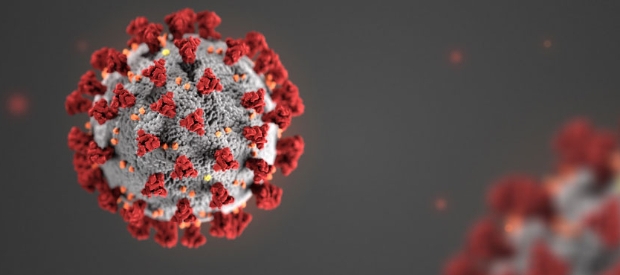
Reed Helps Inject $17.5M to Boost COVID-19 Testing in RI
Senator says testing is key to reopening U.S. economy and says RI should be able to quickly access $17.5 million for testing in near-term from Senate-passed COVID 3.5 bill and will also receive tens of millions of dollars in federal testing assistance going forward
PROVIDENCE, RI – After holding the line and forcing Congressional Republicans to include a national testing strategy and additional federal assistance for Rhode Island hospitals and state-led testing efforts in the interim coronavirus relief package, known as ‘COVID 3.5,’ U.S. Senator Jack Reed today announced that Rhode Island should get a quick cash injection of $17,492,264 to enhance testing in Rhode Island, as well as additional federal assistance down the road to enhance testing and contact tracing programs.
Reed noted that the bill includes $75 billion to help hospitals and health providers handle the surge in novel coronavirus (COVID-19) infections and $25 billion to upgrade the nation’s coronavirus testing capabilities.
“We can’t make the right decisions for public health or the economy if we don’t know the facts. Testing is the best way to get the facts, mitigate the spread, save lives, and help Rhode Island and other states swiftly and safely re-open for business. I can’t understand why President Trump and the Republicans fought us on this, but I’m pleased we were able deliver needed funds to boost testing. This money will help Rhode Island and other states implement a robust, coordinated testing plan that is required to reopen our economy,” said Reed.
Senator Reed noted: “Testing is essential and Rhode Island is doing a better job that most, thanks in part to Governor Raimondo’s leadership and partnership with CVS. But this is a national epidemic that doesn’t respect borders so the federal government has to take a lead role. This initial injection of $17.5 million for state testing is just a start. Thanks to this new $25 billion testing fund, Rhode Island will also receive millions more in additional federal reimbursements and resources.”
Rhode Island has the highest per capita testing level in the United States. But it is still under 4 percent.
Senator Reed has worked for months to ramp up diagnostic testing efforts and is also seeking to dedicate additional federal funding to boost contact tracing. He successfully helped include federal funds for free coronavirus testing in the Families First Coronavirus Response Act that was signed into law on March 18, 2020.
Around that same time, President Trump promised 27 million tests, but less than 4 million have been conducted.
“States are doing everything they can, but the Trump Administration has failed to put a coordinated strategy in place to help deliver the resources and material states need. The lack of testing could cost lives and forcing states to bid against each other increases costs for all taxpayers. I supported these additional funds because increasing testing capacity is needed to save lives, and get our economy working again,” stated Reed.
Under the bipartisan interim emergency coronavirus package, a total of $11 billion will go directly to states. The remaining $14 billion would go toward federal agencies including the U.S. Centers for Disease Control and Prevention (CDC) and the National Institutes of Health (NIH) to support research, development and deployment of tests.
Of the $11 billion for states, some will be allocated based on the Public Health Emergency Preparedness grant formula — including an initial $2 billion allocation that will net $17.5 million for Rhode Island — while $4.25 billion is to be distributed based on the relative number of COVID-19 cases in a given area.
Additionally, $1 billion is being set aside to cover the cost of COVID-19 testing for uninsured patients. And another $750 million will be allocated through the Indian Health Service.
The bill must still be passed by the House and signed into law by the president before any funds are distributed.

